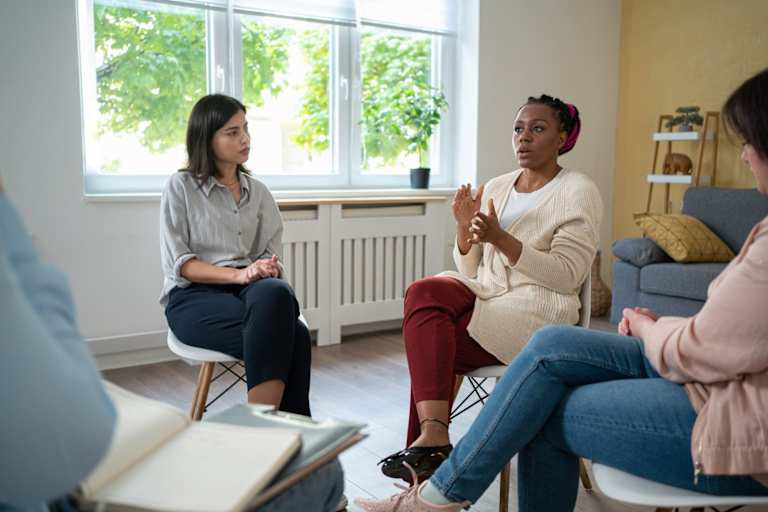How to Become a Licensed Counselor
Interested in becoming a counselor? This step-by-step guide breaks down education requirements, licensure options, and average salaries by specialization.At Psychology.org we believe in providing trustworthy and actionable information about degree programs, careers, professional issues, and regional laws concerning the psychology, counseling, and social work professions. Our writers and editors leverage the latest data from primary sources across the site.
We also rely on our freelance Integrity Network, which is comprised of experienced professionals who pull from their first-hand industry experience and expertise to review content for accuracy and completeness. Integrity Network members typically have a graduate or terminal degree and several years of relevant professional experience.
Explore our full list of Integrity Network members.
Licensed counselors generally help clients solve problems by addressing a specific problem or improving coping skills. If you want to make a difference in peoples’ lives, counseling can be a rewarding career.
Learn how to become a licensed counselor, including the counseling degree you need and how to earn a license.
Steps to Become a Licensed Counselor
Each state has its requirements for licensed counselors and a regulatory body, typically called a board of counseling. The general requirements for becoming a counselor include completing education requirements, supervised experience, a national examination, and a background check.
If you have a criminal conviction in your past, this does not necessarily prevent you from becoming a counselor, depending on the nature of the conviction and how long ago it was.
- 1
Earn an Accredited Bachelor’s Degree:
The first step in becoming a licensed counselor is earning an accredited bachelor’s degree. In some jurisdictions, an undergraduate program is sufficient to pursue certification or licensure as a substance use counselor or behavioral disorder counselor.
- 2
Earn an Accredited Graduate Counseling Degree:
In many cases, becoming a licensed counselor requires earning a graduate degree from a school with an accredited counseling program. A master’s degree allows you to pursue licensure as a mental health counselor in most jurisdictions.
- 3
Complete Post-Graduate Supervised Experience:
The next step in becoming a licensed counselor is completing supervised experience. State requirements vary, some require only a specific number of hours, while others require a certain number of face-to-face supervised hours.
In general, states typically require 2,000-3,000 supervised hours, or approximately 12-18 months. Some states require you to apply for a license, usually called an associate license, to perform supervised work. Check your state’s requirements for how to become a licensed counselor for details.
- 4
Pass the National Counseling Examination:
The next step is passing a national counseling examination. The examination may vary by license type, but most counselors take the National Counseling Examination or the National Clinical Mental Health Counseling Examination. Check your state regulations on how to become a licensed counselor to see which exam you should take.
How Long Will Becoming a Licensed Counselor Take?
Licensing timelines vary based on your desired career specialization and jurisdiction. You can generally expect to commit between four and eight years pursuing required degrees and supervised experience. However, check with your state board to confirm local requirements.
| Job | Time to Become |
|---|---|
| Substance Use Counselors | 4-8 years |
| Behavioral Disorder Counselors | 4-8 years |
| Mental Health Counselor | 6-8 years |
How Much Does a Licensed Counselor Make?
Counselor salaries vary based on job requirements, demand, specialty, and work setting. According to May 2024 data from the Bureau of Labor Statistics (BLS), the lowest 10% of earners made less than $39,090, and the highest 10% of earners earned more than $98,210.
Depending on your workplace and specialty, opportunities for career advancement include adding supervisory and management responsibilities, leading a department or team, earning a doctorate, or opening your own practice.
$59,190
Median Annual Salary
Substance Use, Behavioral Disorder, and Mental Health Counselors
Source: BLS, May 2024
Frequently Asked Questions About Becoming a Licensed Counselor
The best degree to become a licensed counselor is a master’s degree in counseling. You can specialize in marriage and family therapy, substance use counseling, or school and career counseling.
In most states, you can become a licensed counselor with a master’s degree, a passing score on the national examination, and supervised experience.


